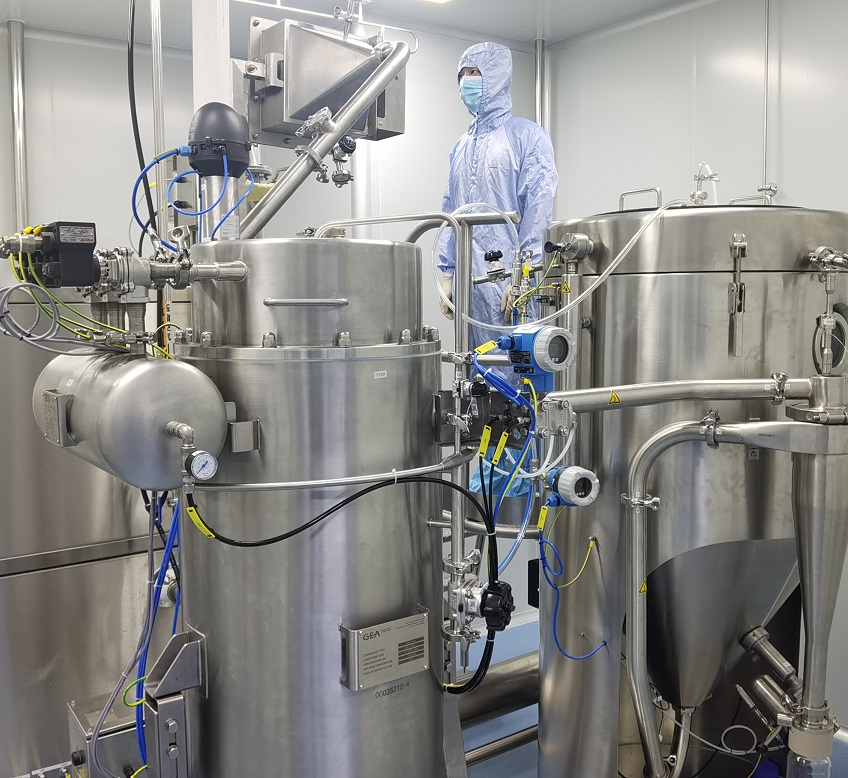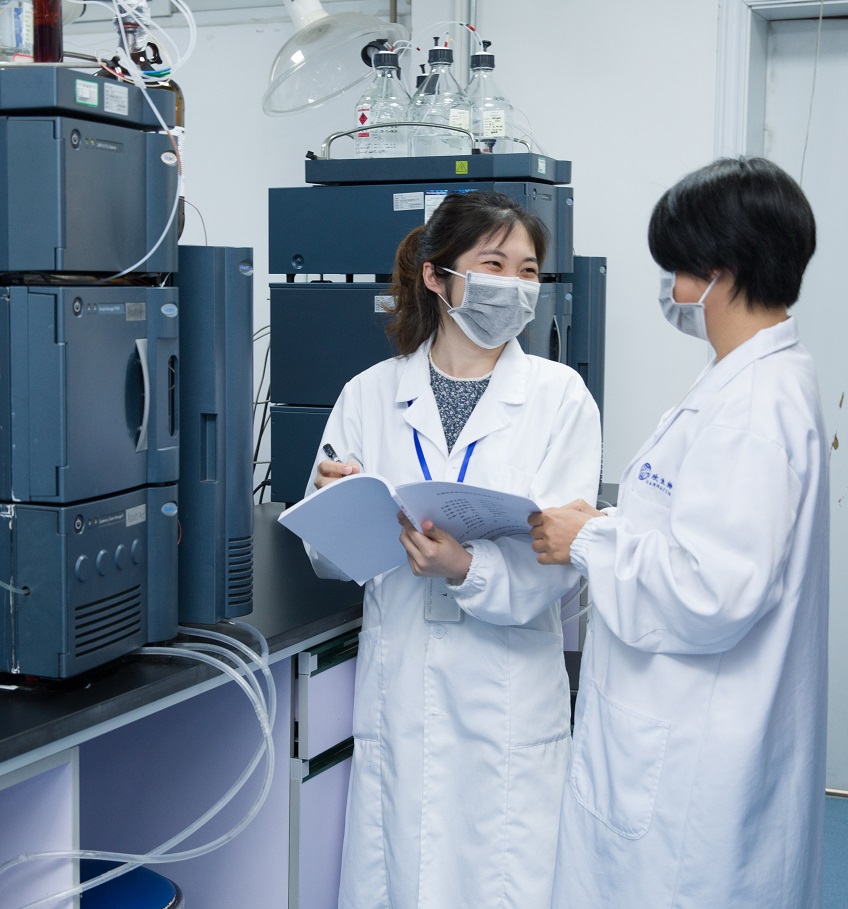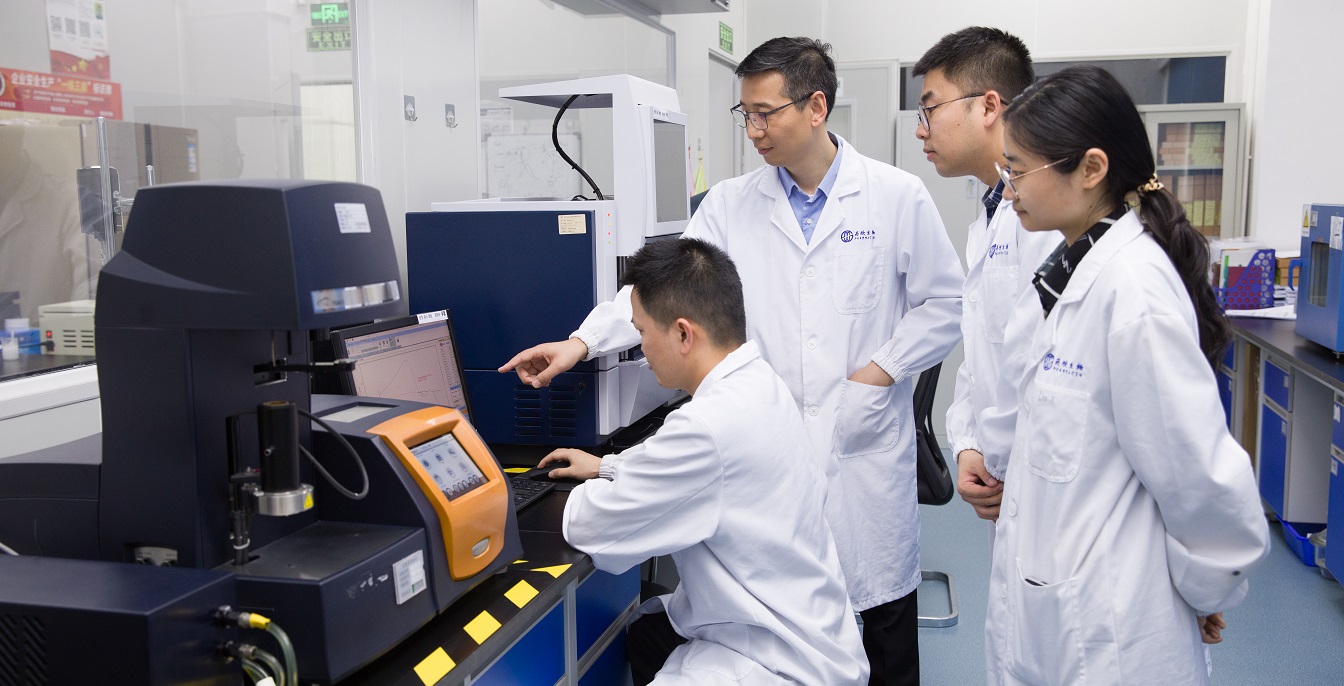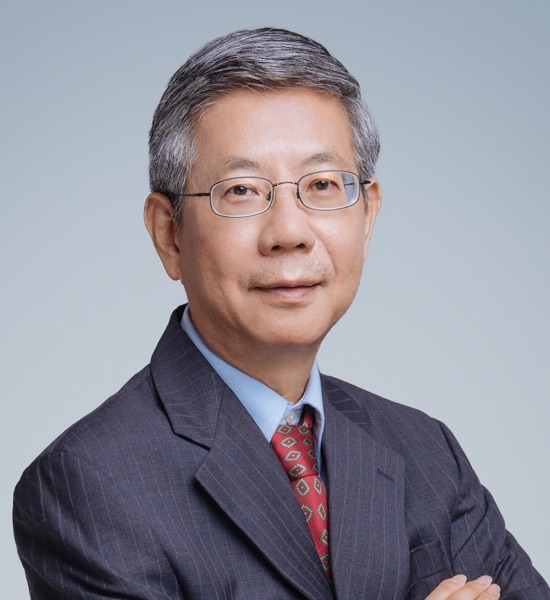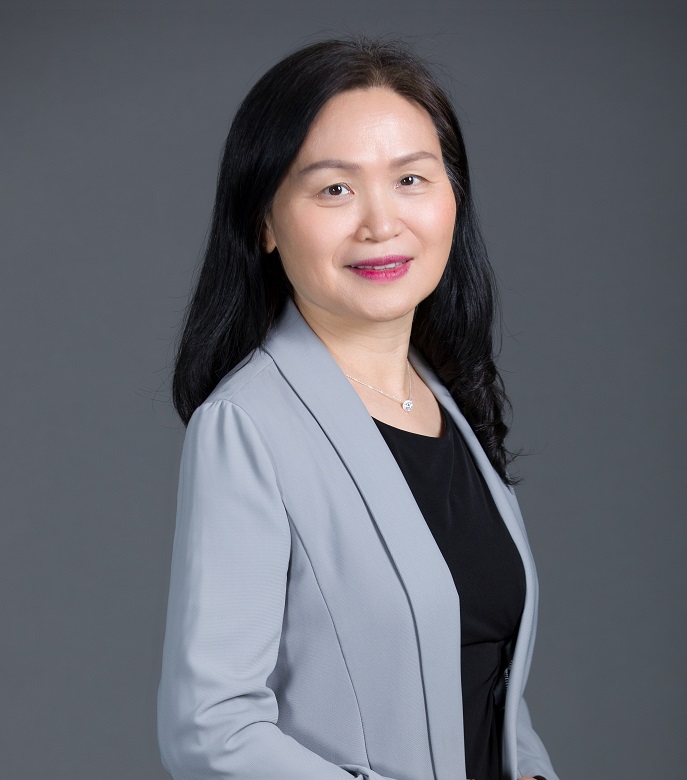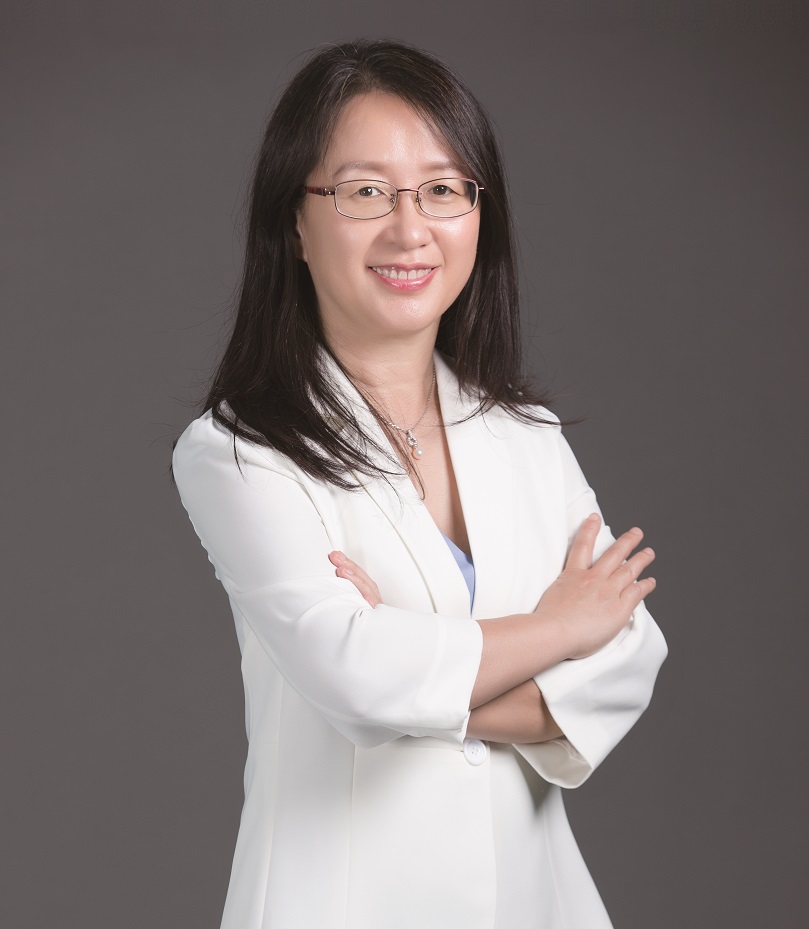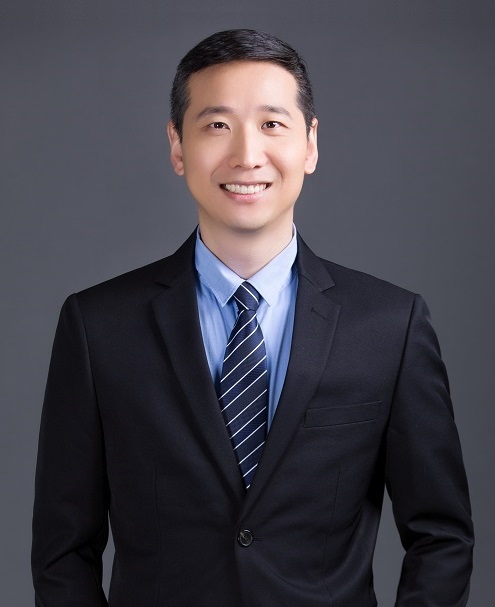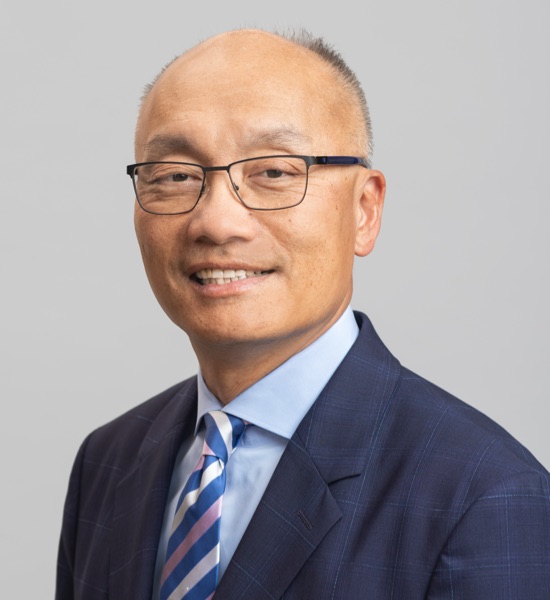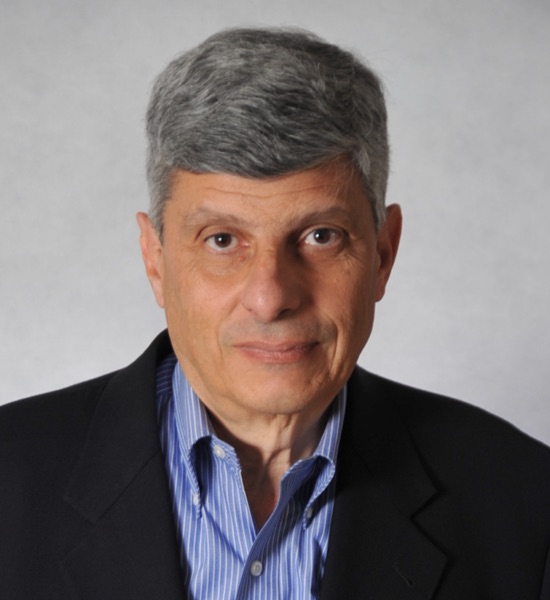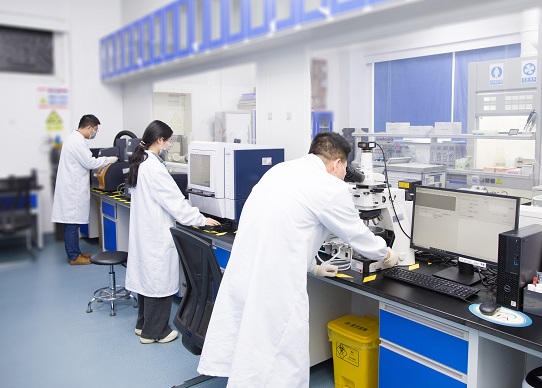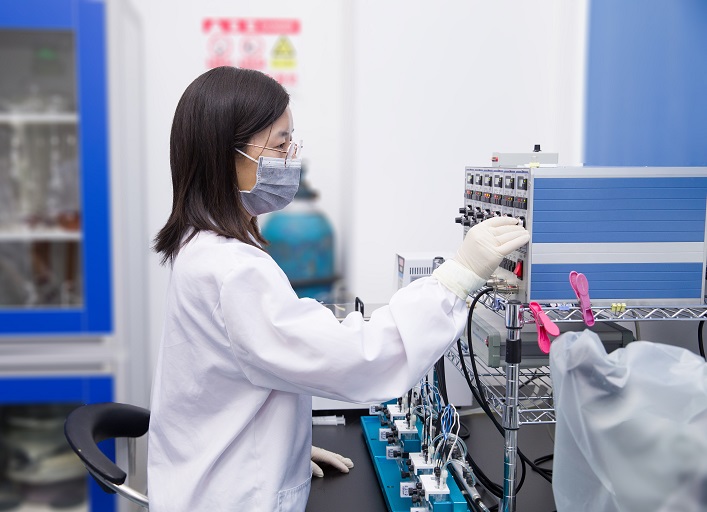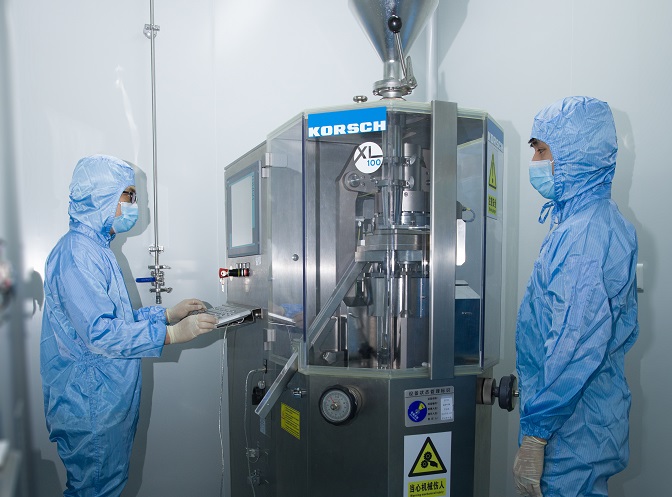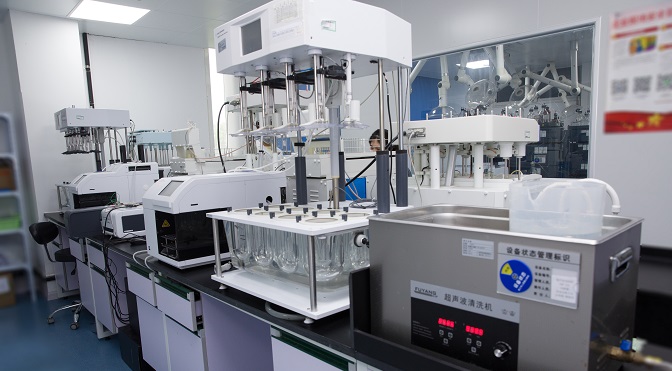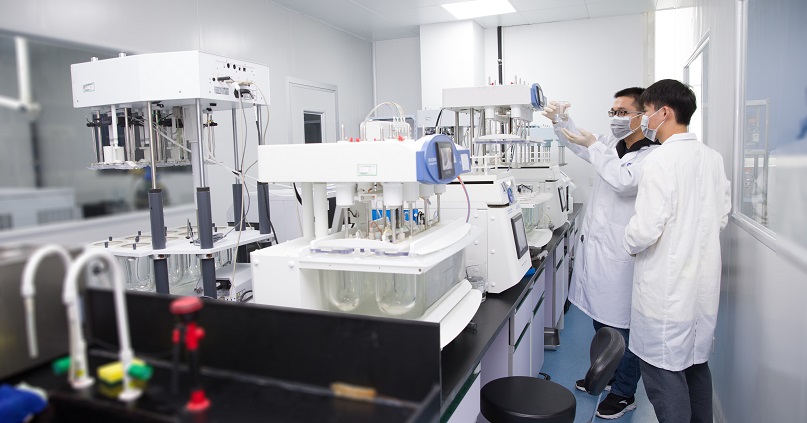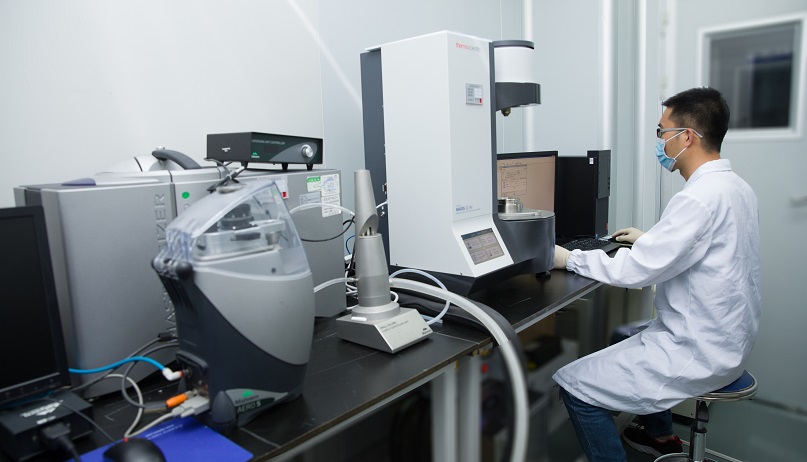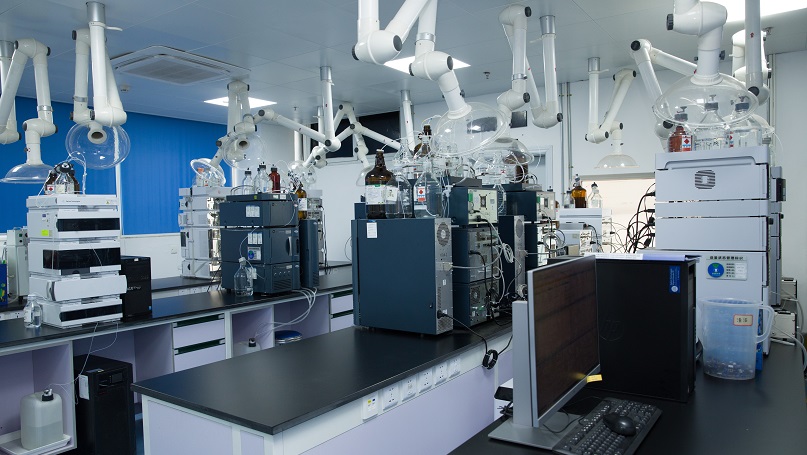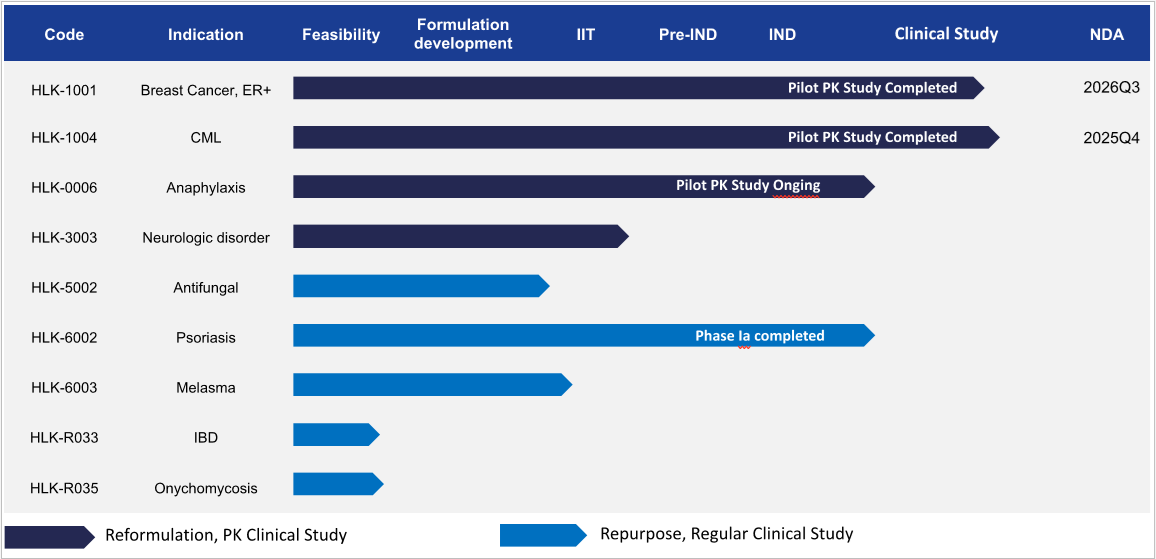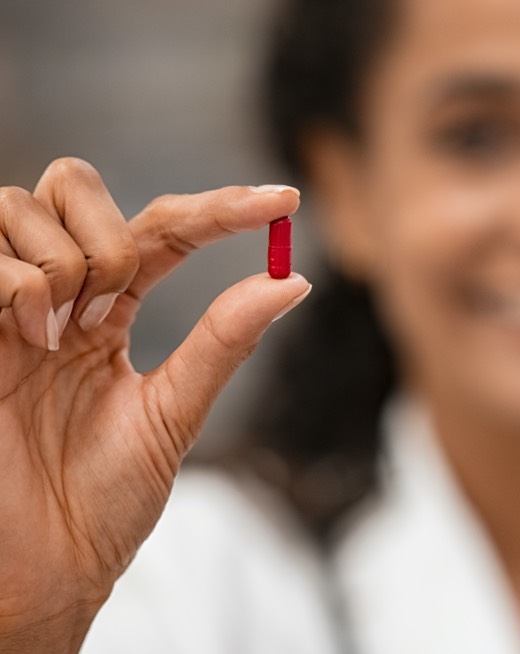Advantages and Limitations of Solid Dispersion Technologies
Historically, biologically active molecules were mostly derived from botanical extracts. Aspirin was the first synthetic molecule modified from biologically active molecules derived from the extract of willow bark.
Over the years, the properties of molecules identified from high throughput screening shifted towards higher molecular weight compounds with increasing lipophilicity, resulting in decreased aqueous solubility. In the last 20 years of the twenty-first century this trend has gotten even more significant with the addition of more hydrophobic substituents to further optimize potency and selectivity of drug candidates. This often leads to an unfavorable outcome from solubility perspective. Furthermore, newer therapeutic targets, such as, kinases with ion channels, nuclear receptors, and protein–protein interactions often require planar templates with high lipophilicity (wide aromatic regions) as well as intermolecular hydrogen bonds to yield strong intermolecular interactions, thus resulting in molecules that are highly lipophilic and/or have high crystal-lattice energy (Greasy Brick Dust).
Besides the physico-chemical properties of the molecule there are several other factors that impact bioavailability of the molecule, including solubility in the gastric and intestinal fluid, gastrointestinal (GI) residence time, food effect, permeability of the molecule, first pass effect, transporter effect, etc.
Selection of appropriate formulation technology for poorly soluble molecules has to be driven by science. Among various formulation technologies, solid dispersion technology, particularly amorphous solid dispersion technology has been often utilized in improving in vivo exposure of poorly soluble compounds. Join us for a webinar on September 11, 2024 at 10am EST where Dr. Zeren Wang, Chief Scientific Officer, Pharmacin will provide an overview of the advances in solid dispersion technologies, their advantages and limitations. He will share insights into formulation of poorly soluble molecules that are either “Brick Dust” or “Greasy Brick Dust”. Dr. Tim Tracy, an expert in clinical pharmacology and a Fellow with the American Association of Pharmaceutical Scientists, will join Dr. Wang for a deeper discussion about the application of the technology in Research and Development. The conversation will be moderated by Dr. Usha Pillai, President and Founder of Aria Management Consulting. You can access Bio's of Drs. Wang, Tracy, and Pillai here.

